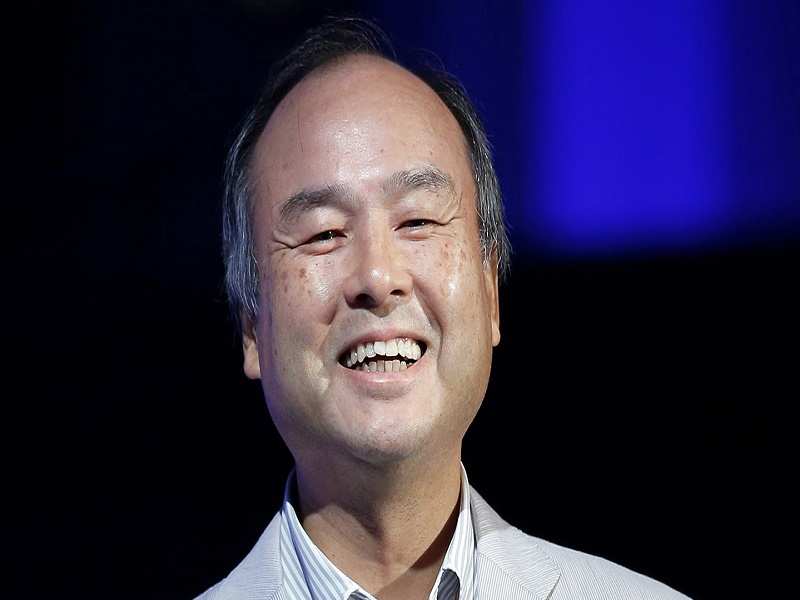
Japanese telecom and Internet giant
SoftBank is said to have planned its first $350 million investment in a solar project in India, said
"We have already invested $2 billion and we are interested in investing more," he said. "India has a great future. We are interested in investing in Internet companies and also in solar energy. We would make strong commitments."
Son added that they are looking at further increasing the pace of investments.
"We also made a first move on solar energy. We are making $350 million investment in first project in solar (in India). We will expand. In next 5-10 years, we will definitely make probably around $10 billion of investments," he added.
It was in June 2015 that SoftBank had announced a JV worth about $20 billion with Bharti Enterprises and Taiwan's Foxconn Technology Group, under which 20 gigawatts of renewable energy would be generated. Son has now said that the target depends on power purchase agreements being signed with offtaker states, while adding that "we will support it".
The list of Indian companies that have SoftBank's investments include the online-retailing marketplace Snapdeal, taxi-hailing app Ola Cabs, an Indian mobile-advertising network InMobi, real estate website Housing.com, hotel-booking app Oyo Rooms, and on-demand delivery service Grofers.
He was asked about his expectations from the Indian government on renewable energy push, Son said, "On making investment, there is international stand on the rules. For example, if we make investment, then we want payment... there are international rules and standards and as long as India provides (that), we don't need any advantage. As long as there is parity with international standards that is enough," he said.
Image source>$4
